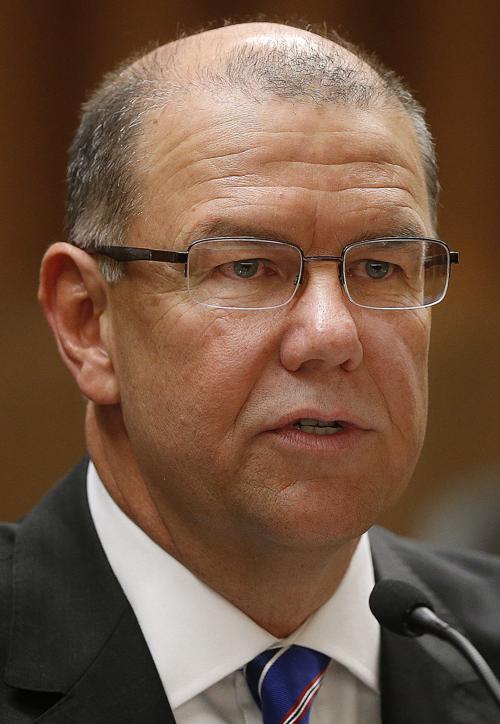Tucson has emerged from nearly two years of financial uncertainty with full coffers, according to staffers who said the city collected nearly $70 million more in 2021 than it spent on general fund programs.
General fund dollars mainly come from resident taxes and go toward essential city expenses such as worker salaries and running the transit system. Tucson’s surplus happened because officials were able to pay for all of those initiatives using millions of dollars less than the city gained in revenue.
The extra cash means Tucson will be able to follow through with its commitment to provide somewhere between $18 million and $33 million in general fund money for public safety resources and certain road improvements — an important provision in the Proposition 411 sales tax initiative that’s on the ballot in May.
The remaining millions could be enough to pay for some small-to-medium-sized initiatives like free bus fares or raising salaries for hard-to-recruit city positions — like those in information technology — though officials haven’t yet decided how they will spend that money.
Tucson is also on track to have another multi-million-dollar surplus by the end of 2022, something that staffers said will help prevent city services from being impacted by “economic headwinds” such as increasing oil prices and historic rates of inflation.
“I’m very happy with the financial picture that our city manager, my colleagues on the council and I have been working very hard for years to (achieve),” Mayor Regina Romero said. “We’ve definitely got to have a fund that will help us weather that storm because of the imbalance and the changes around the world.”
The financial success — both in 2021 and what’s predicted for 2022 — is especially notable because of extra staffing costs the city took on recently in order to address it’s severe shortage of workers, which has impacted offices ranging from the 911 call center to code enforcement for at least a year.
City Manager Michael Ortega said beefed-up recruitment efforts have cut the overall vacancy rate by about 5%, bringing it into the “normal” range of around 10%. It represents major progress toward tackling the shortage, but means the city has more salaries to pay in the coming year.
Council members also voted to increase worker salaries last year using money that was saved when officials didn’t fill the then-empty positions, so when Ortega announced his recruitment “blitz” over the winter it wasn’t totally clear how much of an impact it would have on the city’s pocket book.
Now that the dust has settled, staffers said Tucson had successfully “absorbed” those costs and will still have a $43 million surplus by the end of 2022.
“We are right on track and we were able to absorb those adjustments,” said Jeff Yates, Tucson’s Business Services director. “Everything we thought would happen has happened for the most part.”
It will still be a few years until the full impact of his staffing plan becomes clear, however.
Ortega expects to pay less overtime as more positions are filled in key departments, a money-saving factor in the long-run, but the plan also involves hiring more workers than there are vacancies so positions can be quickly filled when workers retire or leave.
City staff have to predict how many employees they will lose each year based on historical rates, so an overestimation could leave the city with more workers–and costs– than it can afford.
Still, the expected budget surplus for 2022 suggests staffing costs won’t be a big issue in the future. Officials are more concerned about funding other initiatives and said that while the surplus represents a lot of money, it’s not nearly enough to meet the overall need.
The extra $70 million for 2021 is only about 4% of that year's approved budget, for example, and the cost of providing city services has increased by nearly 11% since the last fiscal year. Sales tax revenues, meanwhile, grew at a much slower rate of only about 2%.
“(The surplus) almost gives the impression that we’re rolling in dough, that we’ve got all of this money. I hate to be the one to be the bearer of bad news, but we really aren’t,” Ortega said. “The needs are far greater than what those revenues look like.”
The surplus will at least be a financial cushion for Tucson in the near-term. Officials decided to hold-off on making spending plans until later this year when they have a better idea of where the cash is needed most.
Council members will make those decisions during their budget discussions this spring.





